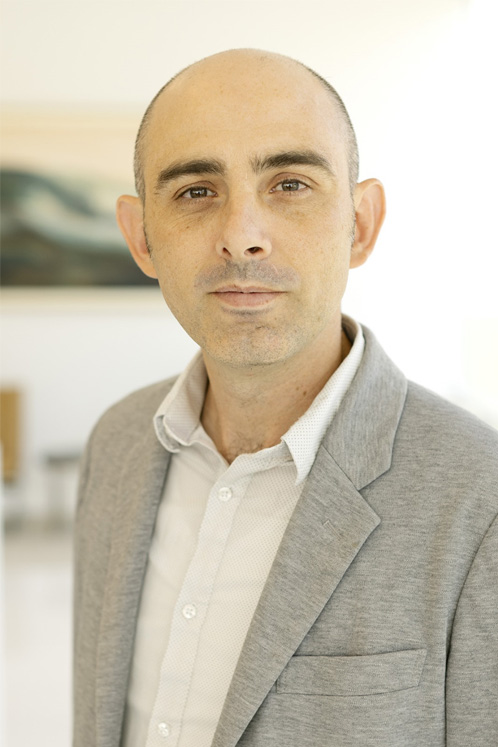Architectural Material Technologies Commons

Radical material responsibility through novel, regenerative, resilient, indigenous, and traditional materials with contemporary tools and innovations.
The “Architectural Material Technologies Commons” conference aims to revolutionize our approach to material responsibility in architecture and design. By focusing on novel, regenerative, resilient, indigenous, and traditional materials, AMT2025 seeks to foster sustainable practices that respect our environment, honor cultural heritage, and empower practitioners through the democratization of knowledge and skills.
The concept of the Commons, both historical and digital, forms the foundation of our conference. We draw inspiration from the modern Digital Commons, defined as “information and knowledge resources that are collectively created and owned or shared between or among a community and that tend to be non-exclusive, that is, be (generally freely) available to third parties. Thus, they are oriented to favor use and reuse, rather than to exchange as a commodity.” (Fuster Morell, M. (2010))
AMT2025 embodies this spirit by offering free admission, emphasizing our commitment to the open dissemination of regenerative and sustainable materials, practices, designs, and ideas. We believe in the power of shared knowledge, from vernacular construction techniques to cutting-edge innovations, to drive positive change in our built environment.
AMT2025 will explore a wide range of key focus areas that are crucial to the future of sustainable architecture. We’ll delve into novel and regenerative materials in sustainable design, while also examining the role of indigenous, traditional, and vernacular materials in contemporary architecture. The conference will highlight resilient architectural practices that embrace regenerative techniques and showcase ways to integrate contemporary tools and technologies with traditional materials and methods. A significant emphasis will be placed on the open-source sharing of vernacular knowledge and construction skills, as well as the importance of preserving and transmitting generational craft knowledge. We’ll also investigate symbiotic relationships for accessible, low-cost housing solutions, explore the concept of urban commons and their role in shaping our built environment, and discuss models of self-governance and cooperation in small-scale architectural ecosystems. Through these diverse topics, AMT2025 aims to provide a comprehensive overview of the challenges and opportunities in creating a more sustainable and equitable architectural future.
Join us for three days of keynotes, panel discussions, hands-on workshops, exhibitions, and networking opportunities. Connect with experts from academia, industry, and local communities to explore innovative approaches to material responsibility that contribute to a regenerative, equitable, and resilient built environment.
AMT2025 invites architects, designers, researchers, craftspeople, students, and community members to participate in this vital conversation. Together, we’ll examine how collaborative, commons-based approaches can create more responsible and accessible architecture, from reimagining traditional materials with modern technologies to developing ultra-low-cost housing solutions using readily available materials.
By fostering a community of practice that values both innovation and tradition, AMT2025 aims to catalyze a movement towards more sustainable, equitable, and culturally rich architectural practices. Join us in Columbus, Indiana, as we work collectively to shape the future of our built environment.
Key Topics:
- Novel and regenerative materials in sustainable design
- Traditional and vernacular materials in contemporary architecture
- Resilient architectural practices embracing regenerative techniques
- Integrating contemporary tools and technologies with traditional materials and methods
Organized by R. Spencer Steenblik, Assistant Professor of Comprehensive Design at Indiana University Bloomington, in collaboration with the American Bamboo Society.
-
Organizing team

R. Spencer Steenblik
R. Spencer Steenblik, has spend the last 20 years helping people optimize their places to be amazing and inspiring. He is a registered architect(New York), has built, taught, published, exhibited, and curated globally. His work\* negotiates vernacular and advanced digital processes through an equitable, interdisciplinary, sustainable and naturally inspired approach, creating urban intricacy and inspiring, interactive spaces. He’s spoken globally at universities\* such as MIT, Tongji University, Yonsei University, etc. His work is published prolifically\*.
Steenblik has taken on academic roles\* at Indiana University, Bloomington, Pratt Institute, NJIT, CUNY, School of Public Architecture at Kean & Wenzhou-Kean University in China; and workshops at Tongji University, Shanghai Institute of Art, and Haikou University of Economics; and as architectural critic\* globally in an effort to provide mentorship to young designers through teaching both graduate and undergraduate students.
His practice, phi architecture φ (f. 2004), (clients include: Google, Huayi Space, Venture Anyway, BYU and the Fictionist band) focuses on designing across scales. His influence, also felt at design offices such as Asymptote Architecture, Pelli Clarke Pelli (co-founder, innovation platform called REACH). He holds a masters from SCI-Arc (Southern California Institute of Architecture).